Business owners are notorious for engrossing themselves in the day-to-day management and functions of their businesses. As a business owner, you are likely the heart and soul of your company. Your clients trust you, and you have built unique relationships with other parties such as: accountants; attorneys; contractors; and suppliers.
Suppose, however, that tragedy strikes: You, as the business owner, are in a car accident and are severely injured or killed, leaving you unable to make decisions or care for yourself and your family. What will happen to your business in such a situation? Circumstances like this can happen to anyone at any time. Consequently, business owners must proactively
develop robust estate plans. Here are five reasons why business owners need an estate plan:
1. To ensure the continuity of your business. When there is no estate plan in place for a business owner, there is no plan for addressing how the business will continue without its key employee. In many instances, the business owner’s company is a primary source of income for the owner’s family. The absence of that income could be devastating for the individuals dependent upon the business. The impact could be far-reaching, as the business may also have employees who rely on its continuity. Without an estate plan and proper business planning documents, there is no clear indication as to whether the company should continue to operate, and if it does continue to operate, how it should function. Create an estate plan so that you, your family members, your employees, and your clients will not be severely impacted by the disruption that is likely to occur in your absence.
2. To protect the wealth you have created. A business owner’s endeavors are often extremely lucrative, resulting in significant wealth creation. If there is little to no estate planning in place, that wealth is exposed and becomes vulnerable to creditors and predators. If the business owner dies and leaves a simple will or, even worse, no will at all, the owner’s money and property will have to go through a probate court process. During the probate process, a decedent’s will or intestacy laws decide how the deceased’s assets should be divided and distributed. Probate is a public process that is reflected in court records that are accessible to anyone. This means that information about the money and property you own will become public information.
Additionally, without proper estate planning, what you have left to your loved ones could be exposed to creditors trying to satisfy debts or to predators interested in benefiting from the wealth you created. For example, a disgruntled spouse of your child could attempt to take portions of your child’s inherited wealth in divorce proceedings. A well-thought-out estate plan employs tools to protect against these situations. While a will can record your decisions, legal documents that are not available to the public such as trusts, buy-sell agreements, and personal and company agreements are often more beneficial for business owners.
3. To avoid default state laws. Particularly when it comes to limited liability companies (LLCs), there are default rules about what happens to a business in the event of a business owner’s death or incapacity that may not align with your goals. For example, under some states’ statutes, an LLC must be dissolved when the last surviving member of the LLC passes away. Some state laws allow a business owner’s economic rights to pass to the owner’s family members without management or decision-making authority. If a business owner does not want surviving family members to be hamstrung in this way, the owner can leave instructions for handling these situations in the owner’s estate and business planning documents.
4. To minimize estate and gift taxes. You may be subject to substantial estate and gift taxes if your business endeavors have produced a significant amount of wealth. Without a proper estate plan, your family members could lose out on a substantial portion of your wealth to satisfy these taxes. Business owners who have put a carefully considered estate plan into place can avoid this. The tax-saving strategies you employ will help you leave your wealth to the people you love without subjecting them to a significant tax burden.
5. To provide guidance and establish your legacy. Arguably the most important reason to complete your estate plan is to firmly establish your legacy for your loved ones by leaving guidance about how to run your business. For years, you built your business and guided your team by providing insight and inspiration. That guidance is what makes the real difference. The process of creating your estate plan can help you answer the following questions:
- What are the core principles and values that drive you?
- What is the business's mission?
- Who will lead the charge next?
- What will happen to your clients?
- What will happen to your employees?
- Can the business be bought out?
Jim Collins, author of Good to Great, asserts that “core values are essential for enduring greatness.” If you are a business owner who desires to leave an enduring legacy, you must have an estate plan put in place.
If you would like to create an estate plan, Jayde Law is here to help. We enjoy helping our clients create estate plans that protect the people they love and the legacy they have created. Give us a call today to schedule an appointment, to learn about our process, and to receive answers to any questions you may have.


